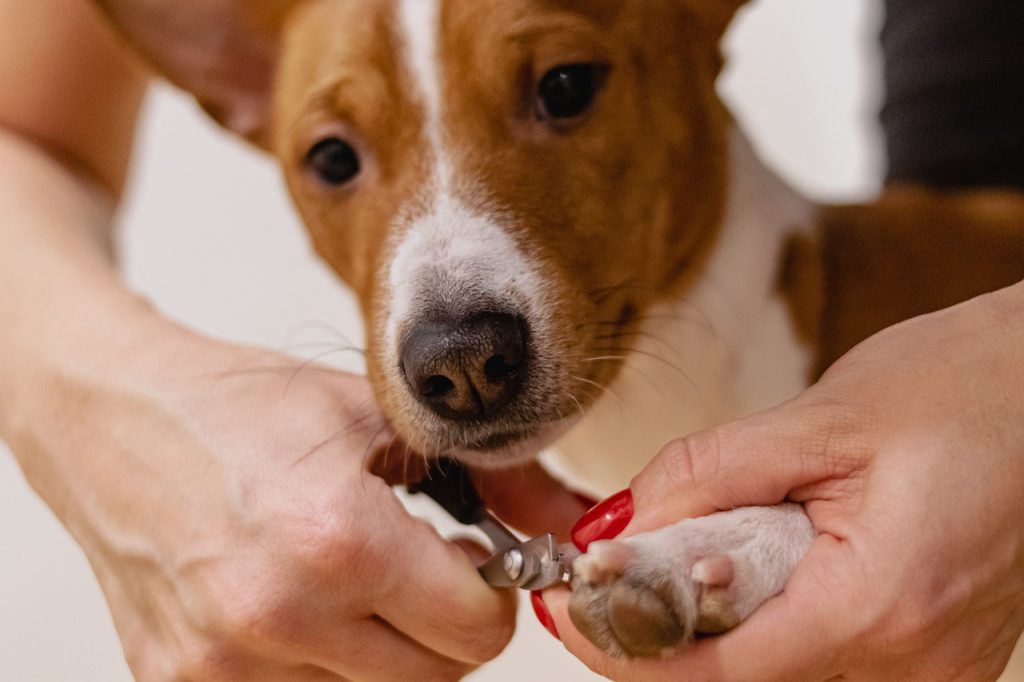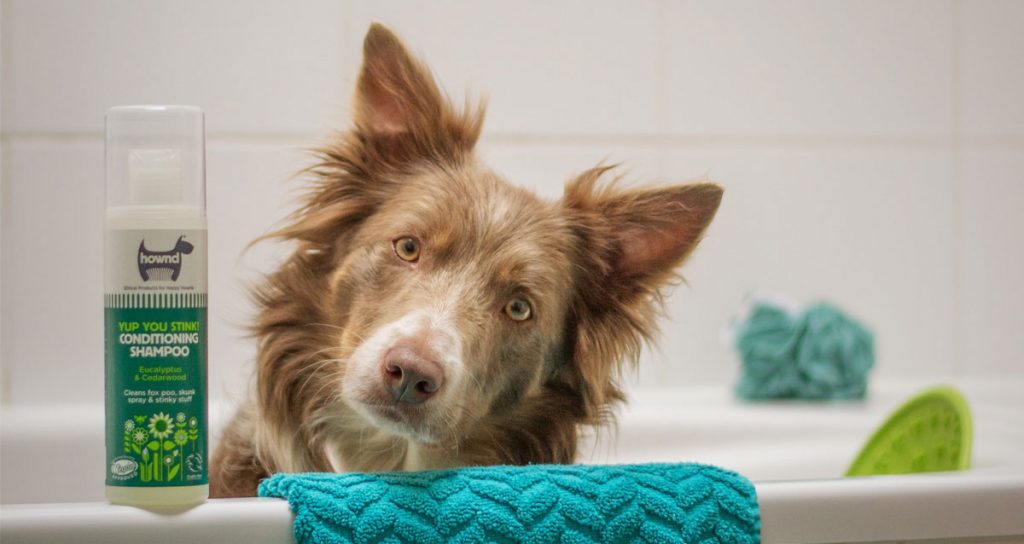Being a pet owner comes with its fair share of joys and challenges — tail-wagging greetings, endless fetch games, and yes, those dreaded muddy paw prints. When it comes to keeping our canine companions clean, the guidelines can be a bit murky. But how often should you bathe your dog? Is this a weekly task, or more of a “when-the-dog-smell-gets-too-strong” scenario? Stick with us as we tackle this soapy subject, exploring factors like your dog’s breed and the ideal shampoo. By the end, you’ll turn bath time from guesswork into a well-oiled routine.
Why is it Important to Bathe and Groom Your Dogs?
Keeping your dog clean isn’t just a matter of personal preference; it’s crucial for their health and wellbeing. Regular baths rid their coat of dirt, debris, and those pesky fleas that seem to find a home in the fur. Grooming, on the other hand, is about more than just looking good for the ‘Gram.
A well-groomed dog has a reduced risk of skin infections, less matting, and better heat distribution, especially in hot climates. The act of bathing and grooming also provides an opportunity to check for ticks, lumps, or other health issues that might otherwise go unnoticed. In short, it’s not vanity; it’s vital healthcare!
What are the Factors to Consider?

Image via Amanda on Pixabay
Before you start filling up the bathtub, there are a few key factors to consider that will guide you on how frequently to lather up your pooch.
Breed
Different dog breeds have varying grooming needs. A husky might not need frequent baths but will require regular brushing, while a poodle’s curly coat might benefit from more frequent cleansing. Breeds with oily coats, such as spaniels, may require a bath every couple of weeks to manage the build-up.
Coat Type
From short-haired to long-haired and everything in between, your dog’s coat type can significantly influence their bathing schedule. Short-haired breeds like Beagles may require less frequent baths than long-haired breeds like Afghan Hounds, which can trap more dirt and debris in their luxurious locks.
Activity Level
Is your dog more of a couch potato or an adventure seeker? Dogs that enjoy romping through mud puddles and digging up the garden will naturally need to be bathed more often than those who prefer indoor snoozes. It might be a good idea to give them a quick rinse after especially adventurous days, even if a full bath isn’t necessary.
Skin Conditions
If your dog suffers from skin conditions like allergies or dermatitis, their bathing needs will differ. Consult your vet for recommendations tailored to your dog’s specific condition. Special shampoos and treatments may be prescribed, and a different bathing frequency may be needed to manage symptoms.
Is it Possible to Bathe Your Dog Too Often?
Bathing your dog too often is more than just a faux pas; it can have real health implications. When you wash your dog excessively, you risk removing vital oils that maintain the skin’s moisture balance. This can lead to a variety of skin issues.
Consequences of Over-Bathing
- Dry, Flaky Skin: Essential oils act as a natural moisturiser for your dog’s skin. Strip them away, and you’re left with irritated, dry skin that can become flaky or scaly over time.
- Imbalanced pH Levels: A dog’s skin has a certain pH level that helps in fighting off bacteria and fungi. Over-bathing can disturb this pH balance, making your pet more susceptible to infections.
Signs You’re Overdoing It
So how do you know you’ve crossed the line? If your dog’s skin appears red, irritated, or flaky, or if they seem to itch more than usual, it’s likely time to reassess your bathing routine.
How Do I Choose the Right Shampoo for My Dog?

Image via Alektas on Pixabay
Selecting the right shampoo can be challenging, especially with so many options available. However, a well-chosen shampoo can do wonders for your dog’s coat and skin.
Special Conditions
- Skin Allergies: If your dog has sensitive skin or allergies, hypoallergenic shampoos are often the safest bet.
- Flea Infestation: Medicated shampoos can help in dealing with a flea problem but consult your vet before making a choice.
Ingredients Matter
While flashy labels can grab your attention, it’s the ingredients that really count. Look for natural components like aloe vera, chamomile, and oatmeal. They’re often gentler and can help soothe the skin. If you’re ever in doubt, a vet can provide recommendations tailored specifically to your dog’s needs.
When Should I Take My Dog to the Groomer?

Image via Alektas on Pixabay
Professional grooming isn’t merely an aesthetic luxury; it’s sometimes a necessity. Groomers offer services that you may find challenging to perform at home, from intricate fur trimming to safe nail clipping.
The Importance of Timing
The frequency of visits to the groomer can vary widely depending on your dog’s breed, coat type, and even lifestyle. Active dogs who love to roll in the mud might benefit from more frequent visits, while more sedentary breeds might only need grooming every few months.
What to Look For in a Groomer
Finding the right groomer is crucial for your dog’s comfort and safety. Look for certified professionals and ask them to tour the facility before booking an appointment. Reviews and recommendations from other pet owners can also be incredibly helpful in making a choice.
By paying close attention to these various elements, you’ll be better equipped to develop a balanced grooming routine for your pet. Remember, it’s not just about how your dog looks, but also how they feel. A well-groomed dog is usually a happier, healthier dog.
Conclusion
Overall, understanding how often you should bathe your dog involves a fine balance of multiple factors. From considering the breed’s specific needs and coat type to factoring in activity levels and any existing skin conditions, it’s not a one-size-fits-all answer. Over-bathing can lead to health problems, so being informed is crucial. Equally important is selecting the right shampoo and knowing when to consult professional groomers for that extra touch. By giving due attention to all these aspects, you’re not just keeping your dog clean; you’re contributing to their overall health and happiness.


